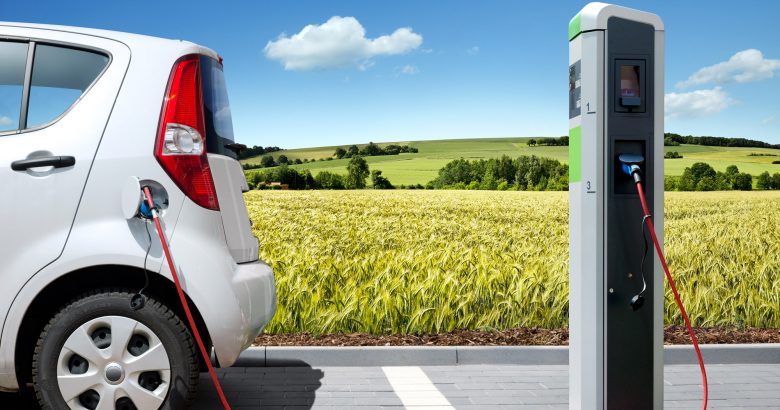
Dealing with Range Anxiety
New technologies can affect the way we live, so much so that they can change how we do things and what we obsess about. With the advent of Electric Cars (EVs), for example, we have a new anxiety to deal with. It’s called “Range Anxiety.” Range anxiety is a tongue-in-cheek affair that can be defined as: “The feeling of despair that affects consumers when they wonder if their EV has enough juice to get home.” Let’s take a deeper look at how this affliction presents.
Hybrid cars have both gasoline engines and battery packs for power. You will never run out of electric power with a hybrid as long as there is gas in the car. For example, a member of the sales team at Hiley VW of Arlington, a local VW dealer in Arlington, TX, says their Jetta Hybrids will travel close to 500 using a combination of electric and gas power. No range anxiety here. EVs, on the other hand, are pure electric vehicles which means if you drive too far, you could run out of power and be stranded. No fun at all when that happens.
Is driving range really a problem with EVs? Do they just not travel far enough before they run out of juice? A study just published in August 2016 by researchers from MIT took a look at the driving habits of a large slice of Americans and found that 87% of the cars on the road could be replaced with current EVs and no one would be stranded without power. A reasonable conclusion would be that a EVs driving range is acceptable for daily driving for most Americans. In case you are wondering, the study assumed the EV was charged at night and there was no charging that occurred during the day. The reason for this, of course, is that few parking spots have electrical outlets to plug EVs into. So, there you go, range anxiety seems to be way overstated.
Study details
In order to make this study representative of real world EVs, the researchers used the least capable Nissan Leaf EV, rather than the new 100+ mile models. This is to make sure the “standard EV” car in the study was both widely available and affordable. (A used 2013 Leaf sells for less than $10,000.) Researchers also took into account real cities around the country with approximate populations and average driving distances. Obviously the study was designed to be very realistic so conclusions could be drawn from it.
What about emissions?
The authors of the MIT study also wondered if 87% of the cars on the road were replaced with EVs, what would the impact on emissions be? Would the total emissions be lower? Even more important, would doing this get us to the European Union’s lofty 2050 goal of limiting vehicle emissions by 80%? Well, after all the numbers were crunched it turns out that we would just about hit the 80% reduction criteria! As matter of fact, it is possible to hit those numbers with the 2017 Chevrolet Bolt and Tesla Model 3. The Bolt will feature a 60 kWh battery and have a range surpassing 200 miles, as will the Tesla Model 3. This is a wonderful conclusion.
In summary, let’s put the concept of Range Anxiety to rest. With technology in 2017 yielding ranges of over 200 miles, few people have to worry about getting stuck with no juice. Consider buying an EV as your next car, the environment will benefit.